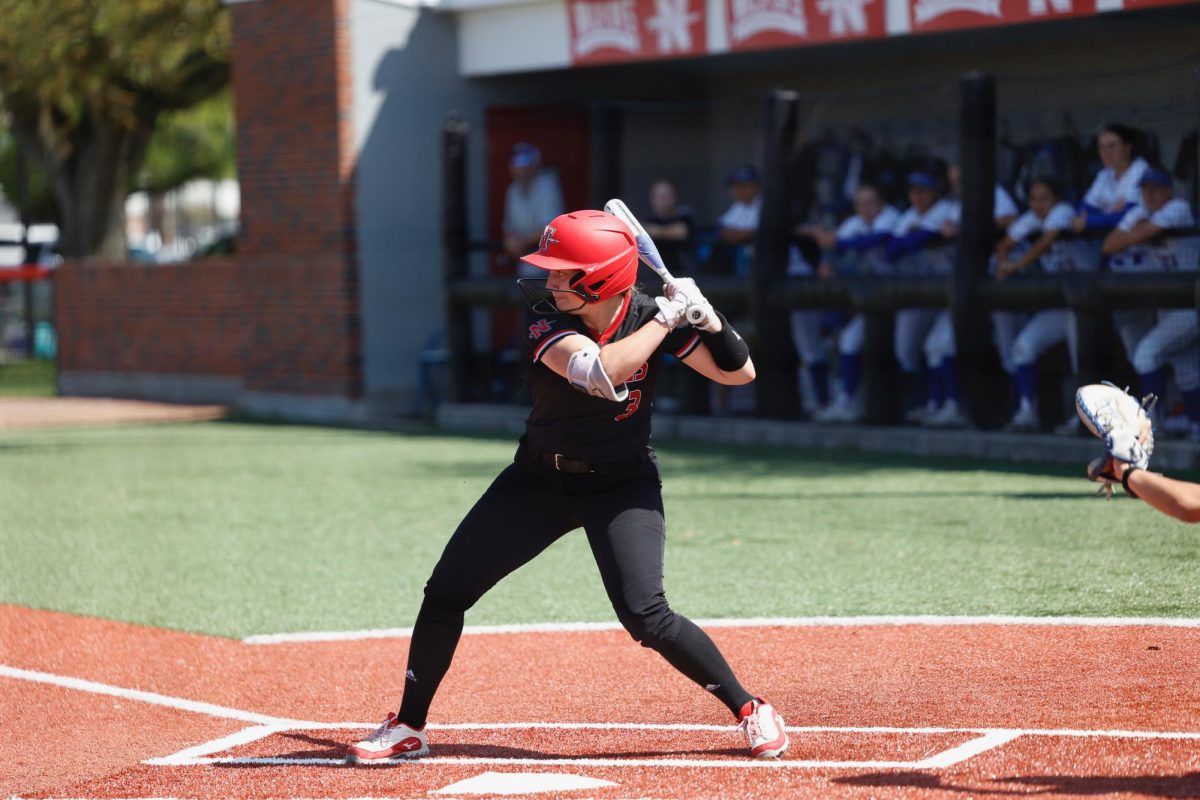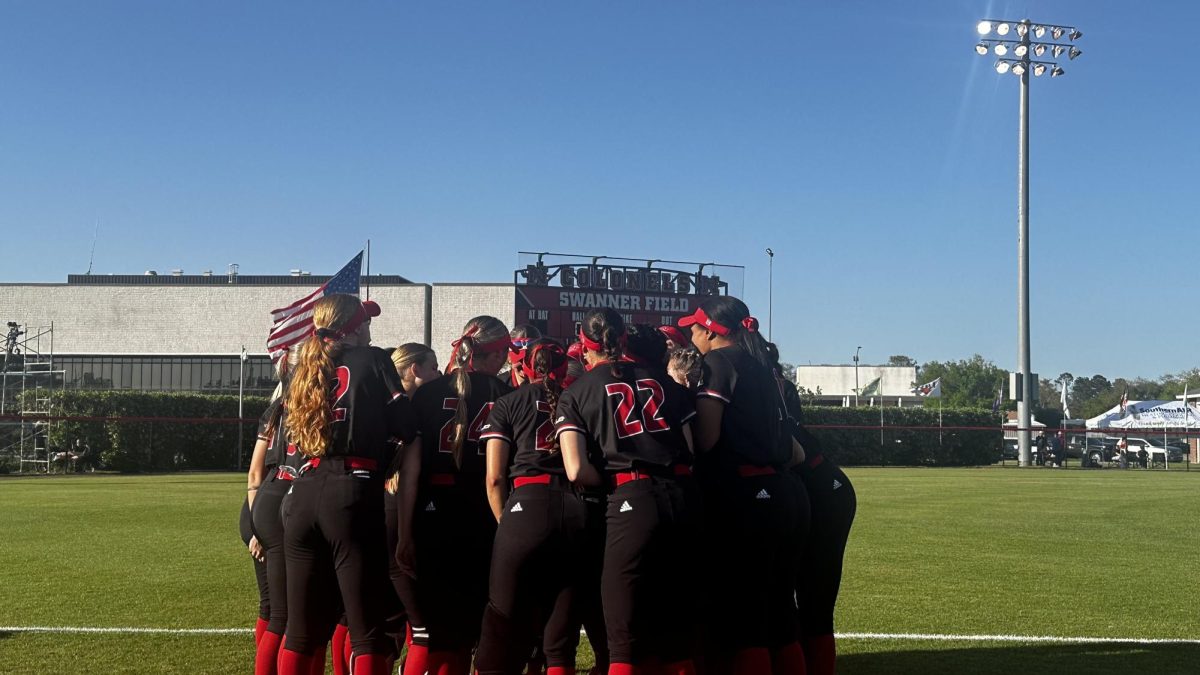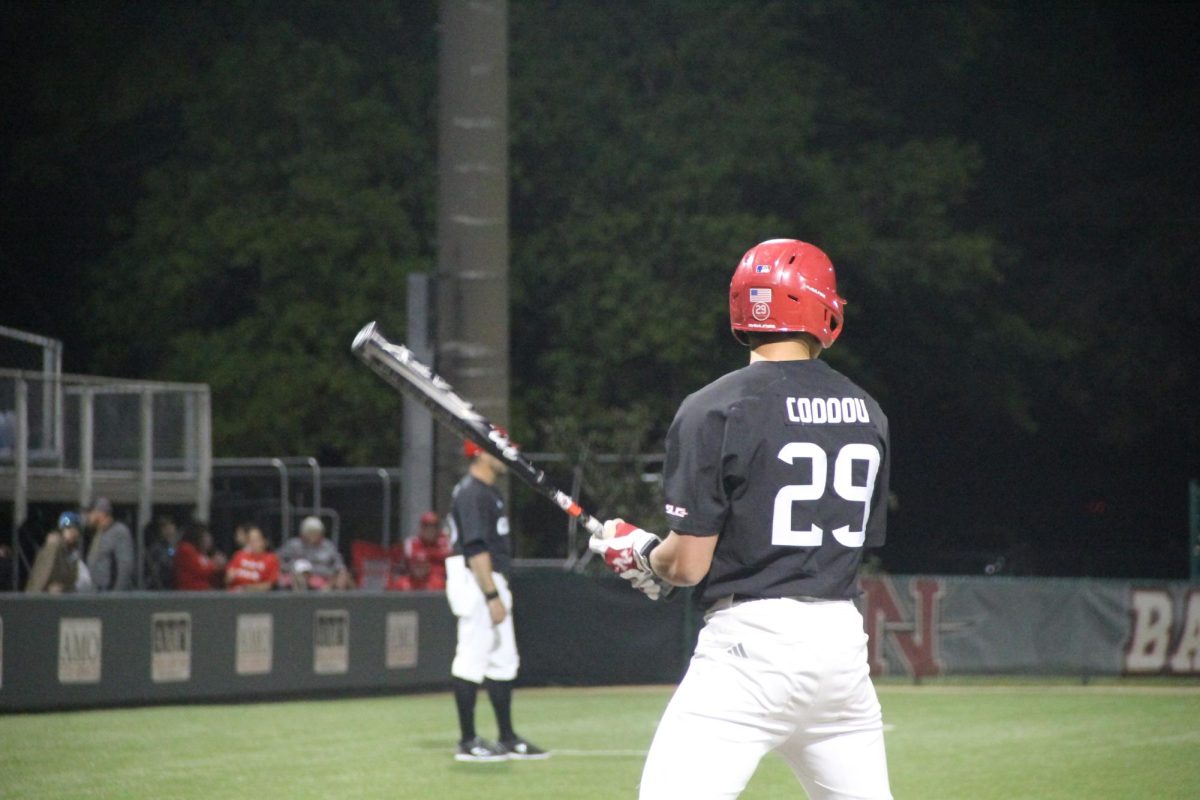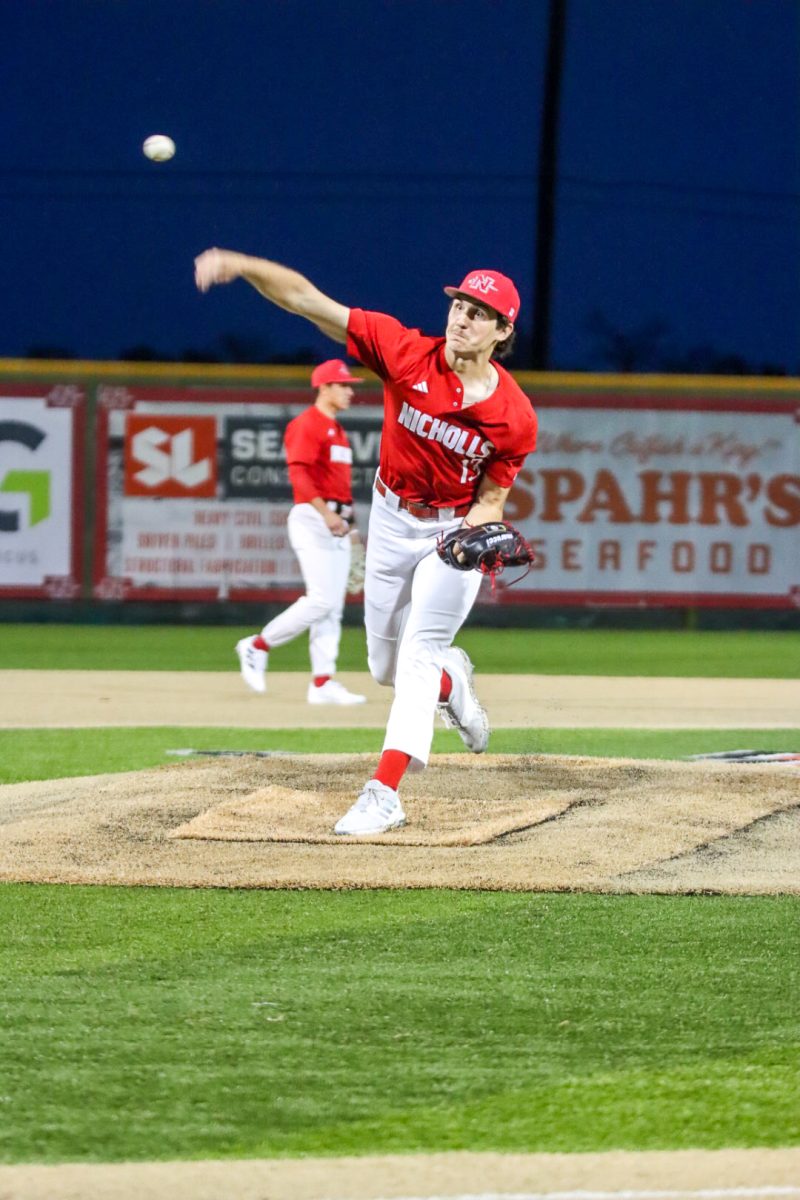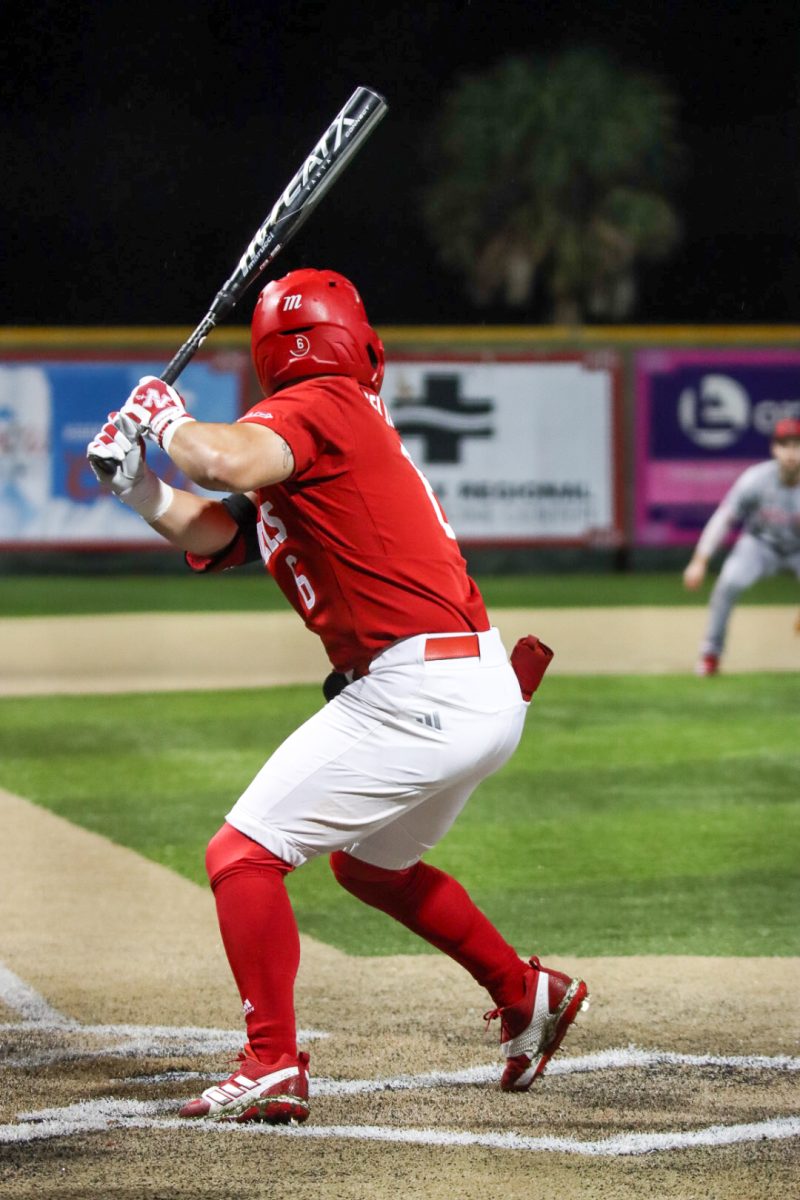Can football change?
That is the question that the high impact sport is facing after scientific studies have found detrimental brain damage to football players. Scientists, along with coaches and trainers are eager to find ways to make the sport safer for football players of current and future generations.
The National Football League agreed to a $765 million settlement with former players who sued the league for hiding the effects of brain injuries. The equally damning book and documentary “League of Denial” has forced the NFL to put the safety of the game front and center.
This problem is not limited to pro football players. Anyone who plays an impact sport on a regular basis has cause for concern. A poll conducted by Monday Morning Quarterback found that 62 of 96 parents who were polled expressed concern over the lasting effect football would have on their children’s health. Coaches were also polled and 41 of 49 revealed that they have modified training techniques as more information about head injuries has become available.
Beaux Hebert, a junior from Norcross, Ga. and quarterback on the Nicholls Football team, suffered a concussion when playing against Oregon University in August.
“I pretty much blanked out for about five seconds,” Hebert said in regards to his injury. “When the trainer was pulling me up, that’s when I came to. For about ten seconds, I was really out of it.”
Within the following week, Hebert recalls that he had trouble focusing as well as usual.
Siegan Vergenal, a senior defensive back from New Iberia, has had three concussions throughout his football career. He recalls feeling unusual for “maybe a week or so,” after his injury but has not seen any long-term effects.
A recent study conducted by Adam Hampshire at Imperial College London found “unusual activity” linked with the amount of times players were forced to leave the field because of head injuries. Remarking on the study, Hampshire said that players had “some of the most pronounced abnormalities in brain activity.”
Football players are also at a higher risk of developing chronic traumatic encephalopathy (CTE), a degenerative brain disease caused by repeated head injury. Symptoms can include changes in behavior, mood, cognition, motor skills, muscle weakness and a reduction in brain weight.
This disease can only be diagnosed post-mortem, and according to ESPN about 50 former football players were diagnosed with CTE when autopsies were performed. The youngest player ever to be diagnosed with the condition was 21-year-old Owen Thomas, a junior lineman at the University of Pennsylvania. Thomas committed suicide in 2010 and showed early stages of CTE, which made it clear to researchers that even amateur players can develop the disease.
Another problem is the fact that some players choose to keep playing even if they feel injured.
“A lot of people do that,” Vergenal said. “Most of the time you hear about concussions after the game, but if it’s a severe one, you can tell. I played through all of my concussions and kind of told them after, which you aren’t really supposed to do. The competitor in you kind of just makes you keep on playing.”
Greg Greely, a volunteer assistant coach for the Colonels football team, thinks it is less about the player and more about the culture.
“I think that is a culture issue because when the players are on the field, they don’t want to come out for any reason,” Greely said. “Sometimes they get an injury or a head injury like that and they think they are okay, but I think they should come out because it’s a dangerous sport.”
As it becomes clear that players need more protection against head injuries, developments in playing techniques and even the type of helmets players use seek to lessen the impact the game has on players’ brains.
The danger of football lies in the fact that impact or violent movements cause the brain to move rapidly inside the skull, which results in brain injuries. Helmets do not prevent the movement of the brain within the skull, but as technology develops, manufacturers are trying to find new ways to lessen the damage the brain incurs during a game.
Many question whether it is practical to develop a helmet that could absorb shock to protect the skull and jaw and control the movement of the brain, all while being comfortable enough for players to wear during long games.
Greely has hope for the developing technology.
“I would hope they would be able to find something that could be a good measure for head injuries and head trauma,” he said. “I would love to see that happen.”
Others think that helmets are not the issue, but the way that the game is played. As the culture of football becomes more aware of the long-term impact of head injuries, coaches encourage their players to use safer techniques when playing. Programs such as “Head Up Football” aim to train young players to tackle with their heads up instead of using their head to ram into people. The NFL, college and even high school programs are also enacting stricter measures to protect players.
“I think the crackdowns are needed,” Greely said. “I think it should be regulated. First of all, it’s a physical game and there should be safety measures in place. And you should have penalties if they are broken.”
Greely, who played football in the 80s, can see the difference in safety compared to when he played.
“They had head injuries, but they weren’t really considered concussions,” he said. “They may just say a neck injury or a head injury. They didn’t use that term a whole lot in the 80s back when I was playing.”
Overall, researchers, coaches, players, parents and even fans all want the same thing: a better future for the young players who enjoy playing football. Greely shares this sentiment saying, “I’m concerned about their well being.”
Nicholls football discuss change of culture due to head injuries
Sheyla Sicily
•
November 7, 2013
Two Nicholls players block a pass intended for Northwestern player, Hollier, at the Northwestern game in Guidry Stadium.
Leave a Comment
More to Discover


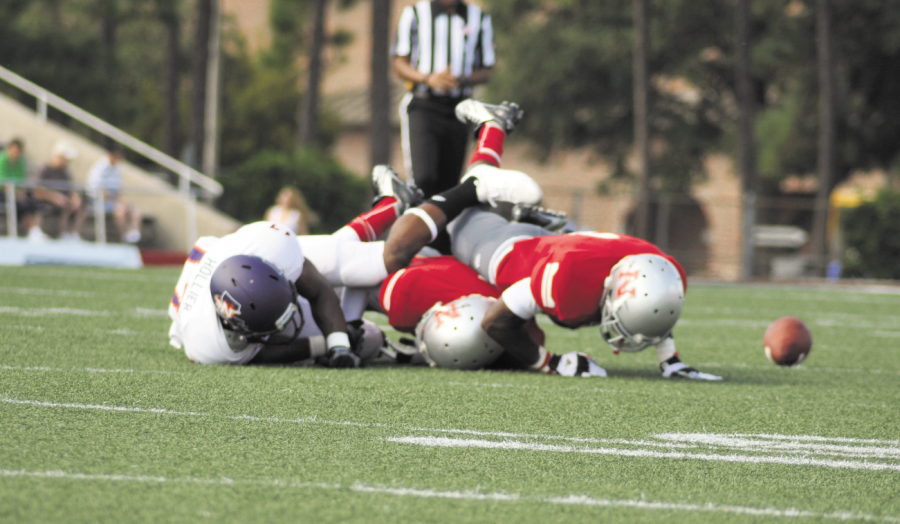
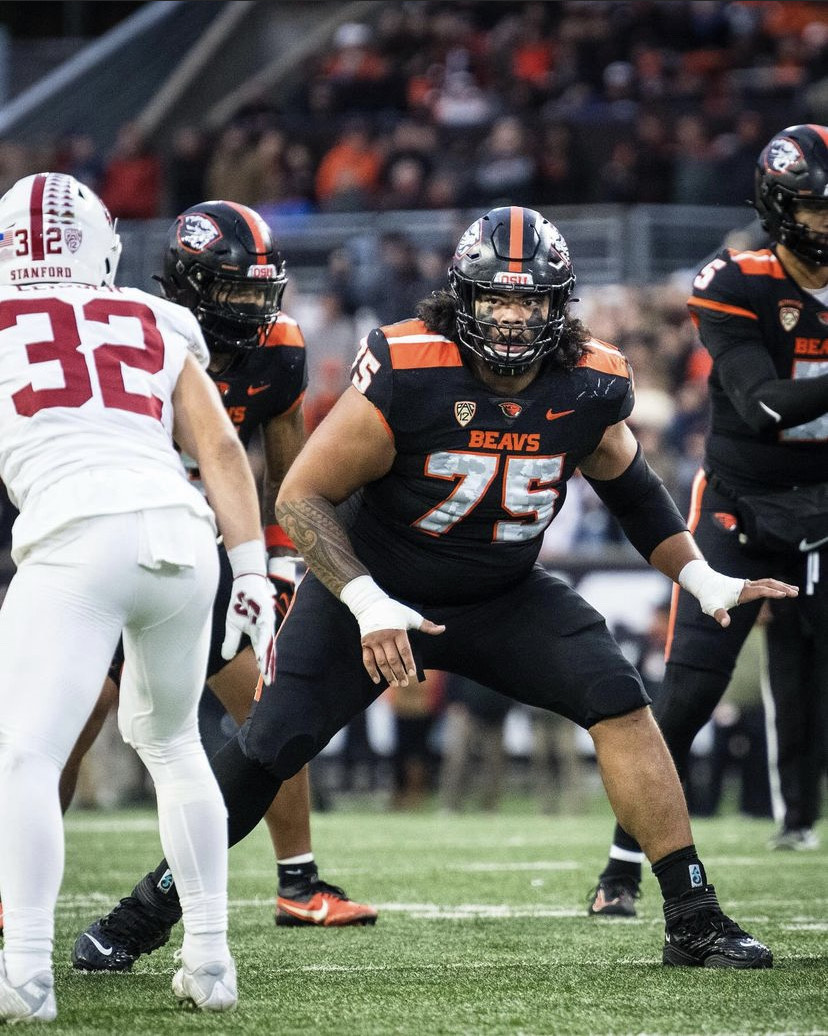
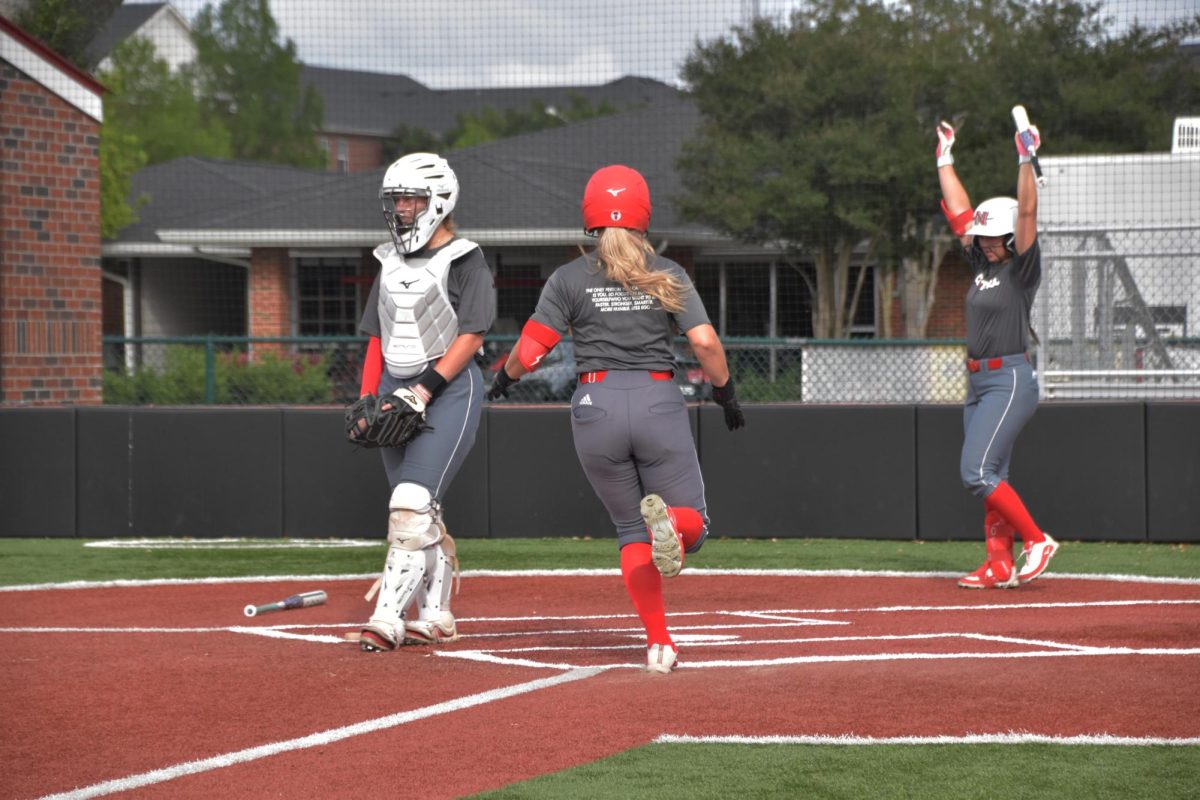




![Nicholls Garrett Felix [#6] advances to first base after drawing a walk against Louisiana on April 2.](https://thenichollsworth.com/wp-content/uploads/2024/04/FelixWalk-at-UL-1200x800.jpg)
